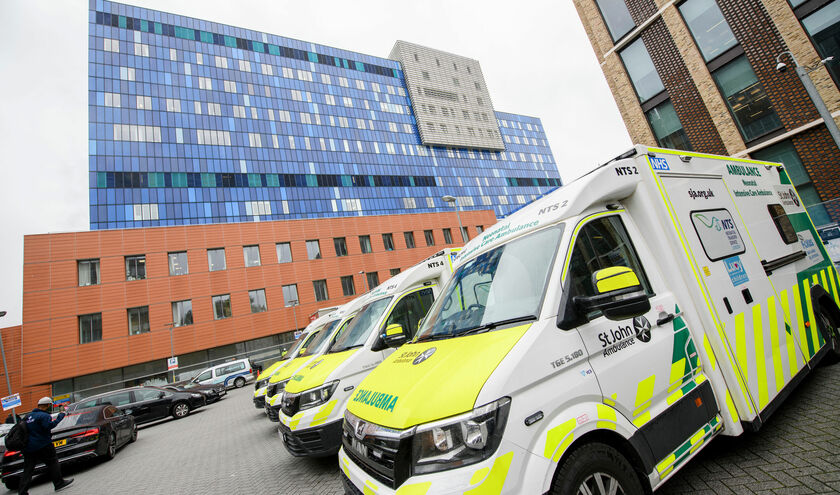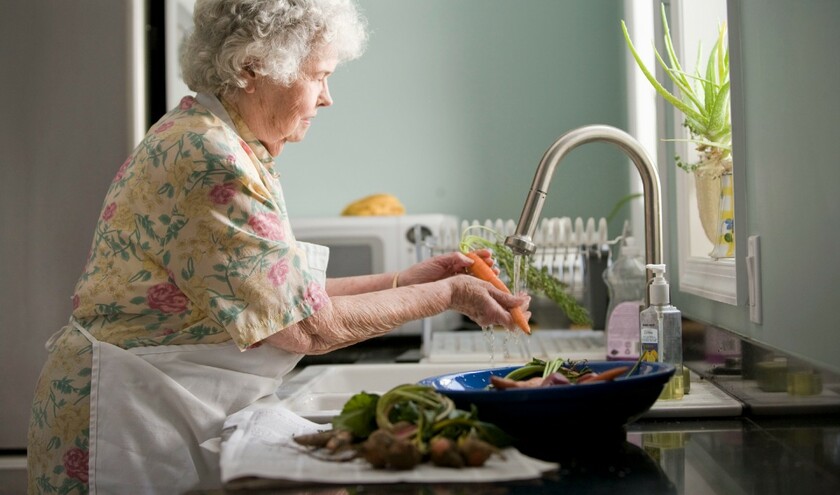The trust is one of a dozen chosen by NHS England for a pilot scheme to boost existing improvement plans to reduce unnecessary admissions, ensure patients are treated promptly and don't stay longer in hospital than required.
Rebecca Carlton, group chief operating officer, said: ‘It is widely recognised that strong clinical and managerial leadership is key to the safe delivery of urgent and emergency care, and our hospital teams are determined to make a success of this opportunity to increase their bandwidth.'
Over the next three months, Barts will receive dedicated day-to-day support from a clinical expert and two practitioners from the Emergency Care Improvement Support Team as part of NHS England's Rapid Improvement Offer (RIO) following a national review.
Barts has some of England's busiest A&Es with over 44,000 attendances in July.
The trust sees and treats seven out of ten within the national four-hour standard and its expansion of Same Day Emergency Care saw these units treats a record 4,403 patients in July.
However, the trust continues to lag behind its peers with patients ending more than 12 hours waits.
Beds are regularly occupied by over 100 patients who are fit to be discharged, with a record number of mental health patients occupying ED beds at an average of 28 per day.
The trust hopes that the RIO programme will particularly address delays with patients ready to leave The Royal London hospital after specialist surgery.
Sarah-Jane Marsh, national director for urgent and emergency care, said: ‘As part of our planning for winter we will be offering this targeted clinically led support to 19 of the most pressured hospital sites across the country, alongside our existing tiering programme.
‘We know this winter is going to be challenging and that there is much further to go to improve the experience for patients, which is why this extra support - including dedicated on-site clinical and operational expertise, and a personalised improvement plan based on best practice - will help us reduce avoidable admissions, long waits and stays in hospitals and put us in the best possible position to meet the needs of local populations.'



